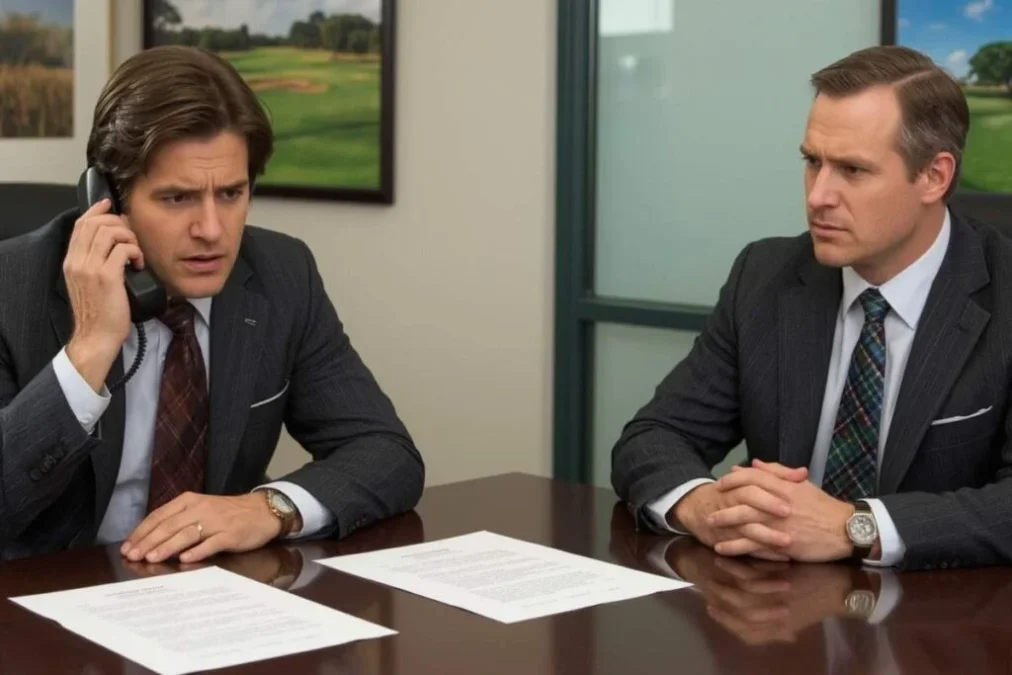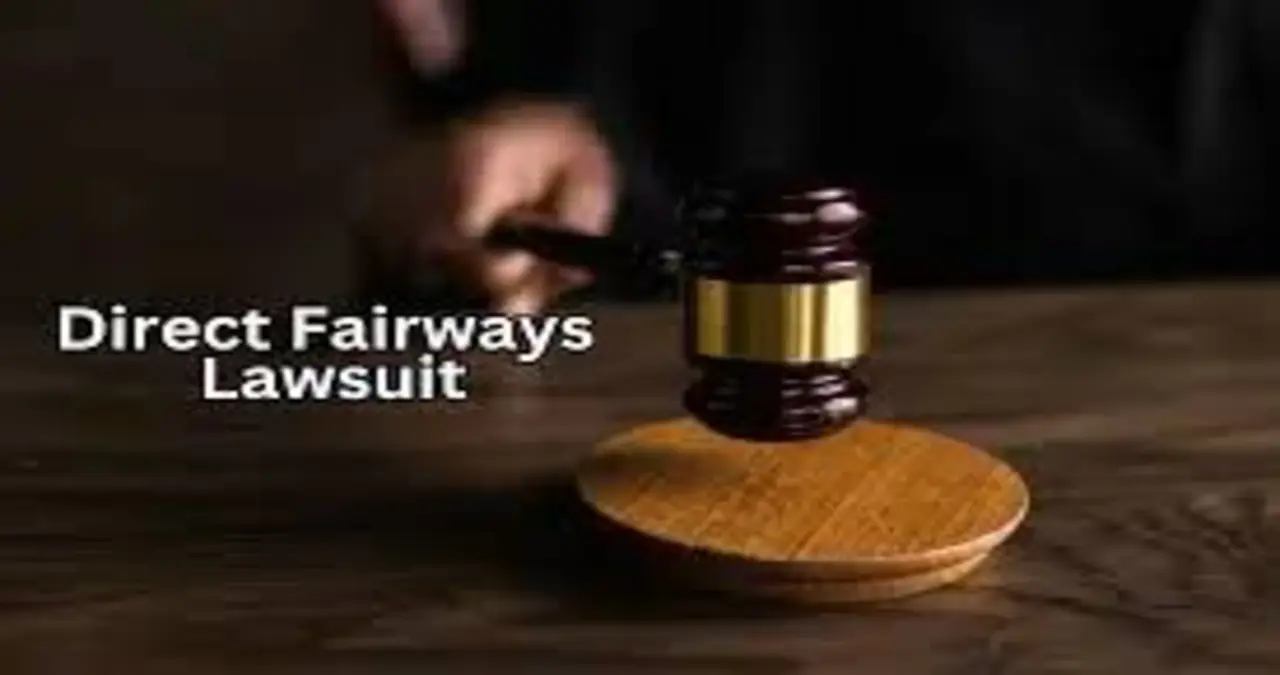Direct Fairways Lawsuit: When golf marketing and litigation cross paths, things get unusually tense. That’s exactly what happened with the Direct Fairways lawsuit, which has stirred plenty of chatter in the marketing, sports, and small business communities alike. Known for its involvement in producing golf course promotional materials and directories, Direct Fairways found itself in legal hot water over practices that some allege crossed ethical and legal boundaries.
At the surface, it may have seemed like just another corporate dispute. But dig deeper, and the Direct Fairways lawsuit reveals some uncomfortable truths about aggressive marketing, telecommunication ethics, and the vulnerability of small business clients. While lawsuits come and go, this one caught attention because of its scale, its implications, and the larger questions it raised about how companies conduct outreach and promise value in niche advertising markets like golf. Let’s take a fair and deep look at what the case was about, what led up to it, and why people still talk about it today.
The Origins of the Direct Fairways Lawsuit
To understand how the Direct Fairways lawsuit came to light, it’s helpful to start with what the company does. Direct Fairways is a marketing agency that partners with golf courses across the country to create printed directories, course signage, and digital marketing materials. The idea is straightforward: offer exposure to local businesses through a niche, upscale audience. The platform seemed promising to advertisers looking to associate their brand with the sport’s prestige.
However, trouble began brewing when clients started raising concerns about misleading sales tactics, unauthorized charges, and failure to deliver on promises. Some customers claimed they were led to believe their ads would appear in high-end printed publications distributed widely at popular golf courses only to find out later that circulation was limited, or worse, that the publication didn’t exist at all. Allegations of hard sales techniques and high-pressure calls began mounting, eventually culminating in formal complaints and, ultimately, a legal case.
What made the Direct Fairways lawsuit particularly interesting was how it exposed the blurred lines between aggressive salesmanship and deceptive business practices. It’s one thing to push hard for a sale, and another to overpromise and underdeliver, especially when dealing with small local businesses that depend on every marketing dollar.
Allegations and Legal Claims Against Direct Fairways
The lawsuit against Direct Fairways centered on a series of allegations that painted a troubling picture of how business was conducted. Many of the complaints came from small business owners who reported receiving persistent calls from sales representatives, often with claims that sounded too good to be true. When they signed on, some found that the services they paid for were delayed, subpar, or in some cases, completely missing.
Some legal claims involved unauthorized recurring charges. Clients who believed they were making a one-time payment reported seeing repeated billing cycles. This lack of transparency and failure to resolve disputes amicably only intensified frustrations, leading to more formalized complaints and, eventually, the Direct Fairways lawsuit becoming a headline within marketing and legal circles.
The legal action also touched on issues of contract ambiguity. Several plaintiffs stated they were unaware of the full terms they had agreed to, suggesting that either the agreements were misrepresented verbally or buried in hard-to-read fine print. In a digital age where transparency is king, these allegations painted Direct Fairways Lawsuit as a company operating in an outdated, opaque business model a major reason why the lawsuit gathered momentum.

Public Reaction and Industry Response
As news of the Direct Fairways lawsuit spread, it sparked a mix of reactions. On one side, you had small business owners nodding in agreement, finally feeling validated after months (or years) of dissatisfaction. On the other side were marketing professionals raising questions about how far sales tactics can be pushed before they cross ethical lines.
Online forums and business watchdog sites became flooded with reviews, testimonials, and warnings. Some former clients shared stories of being lured by polished pitches and charismatic reps, only to feel ghosted once the payment was processed. Meanwhile, others defended the company, arguing that miscommunications and high client expectations sometimes create friction, especially in creative advertising where results aren’t always immediate.
Regardless of the side, one thing became clear: the Direct Fairways lawsuit exposed a growing demand for marketing accountability. It reminded everyone agencies and clients alike that transparency, honesty, and clear deliverables aren’t optional in today’s trust-driven economy. The marketing world, particularly niche advertising, took note, and the ripples continue to influence conversations around ethics in B2B sales.




